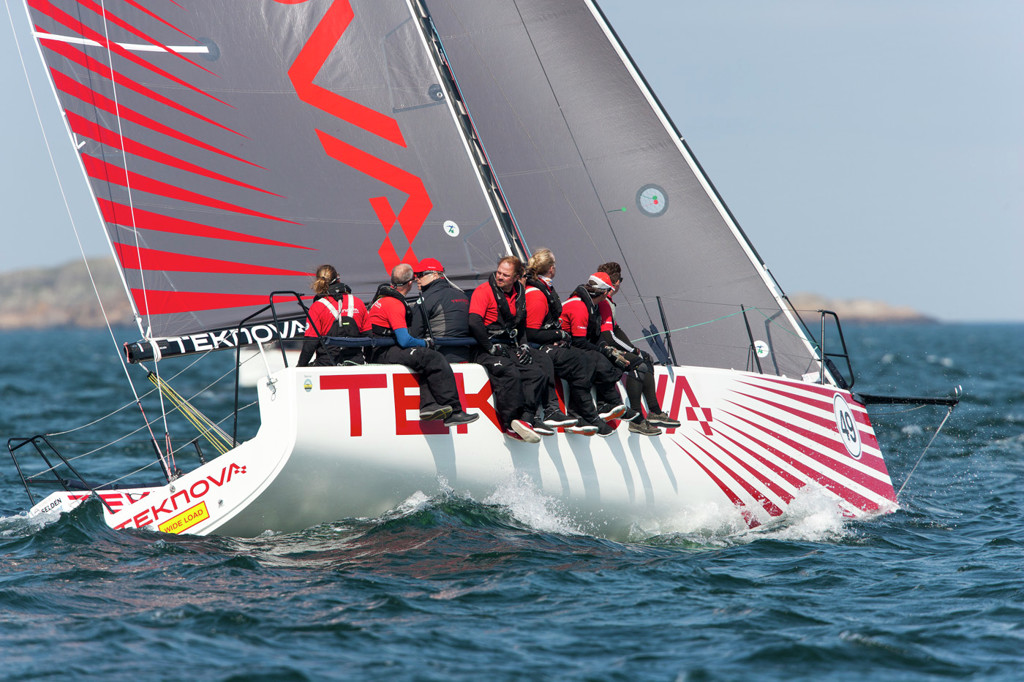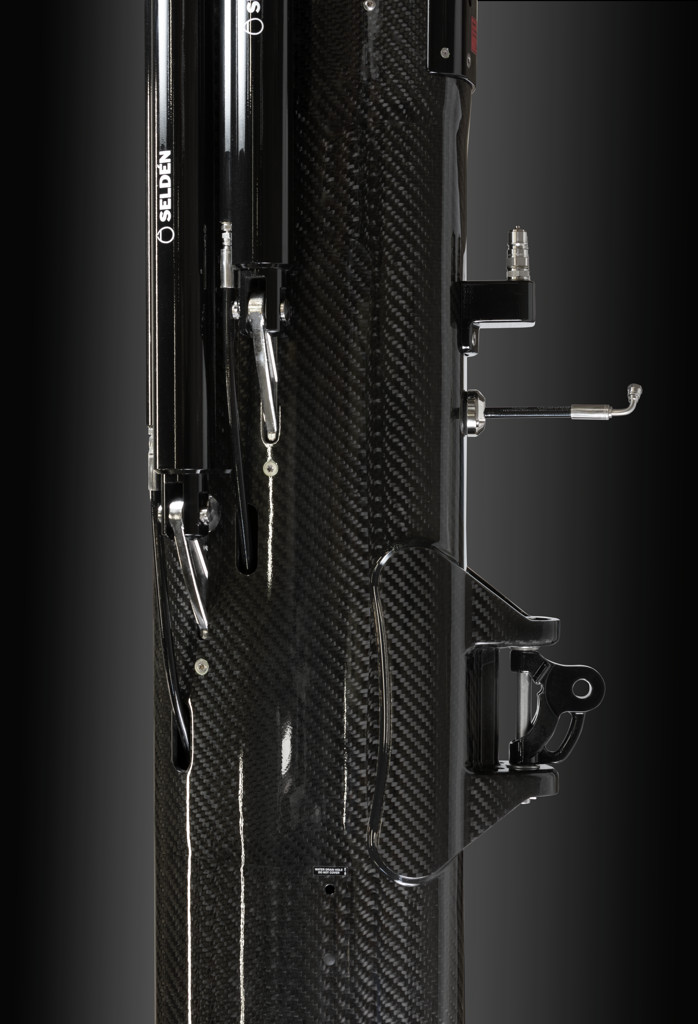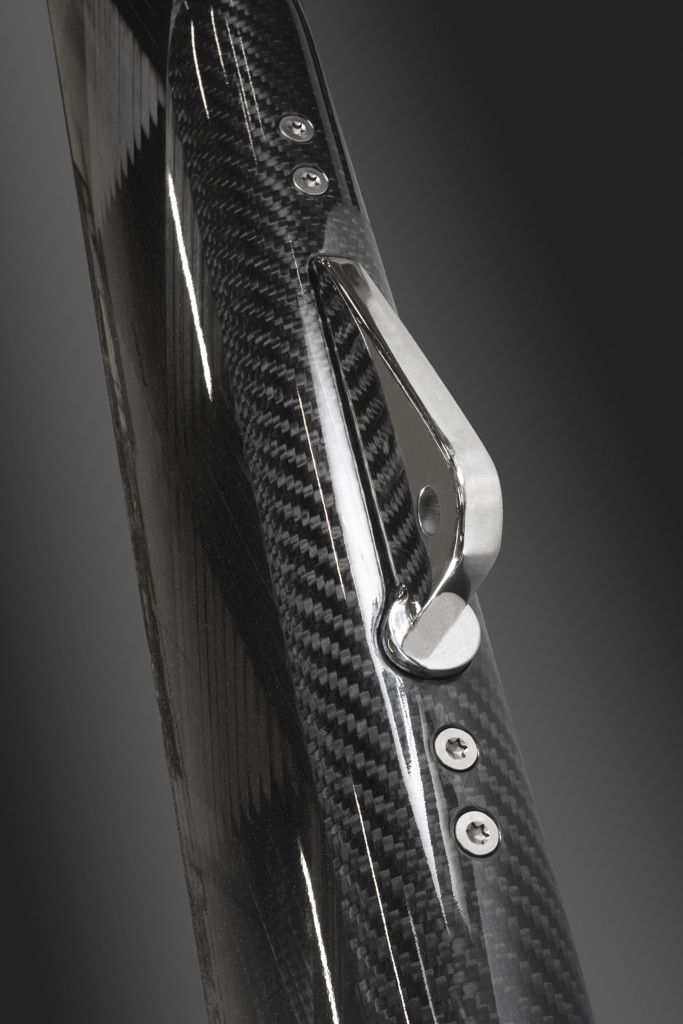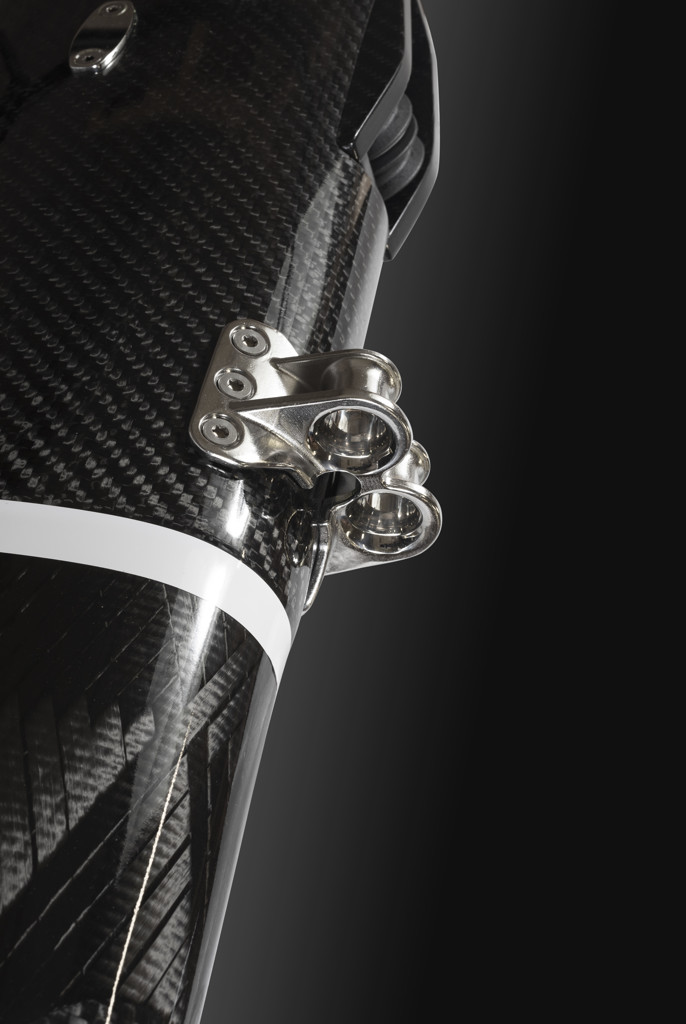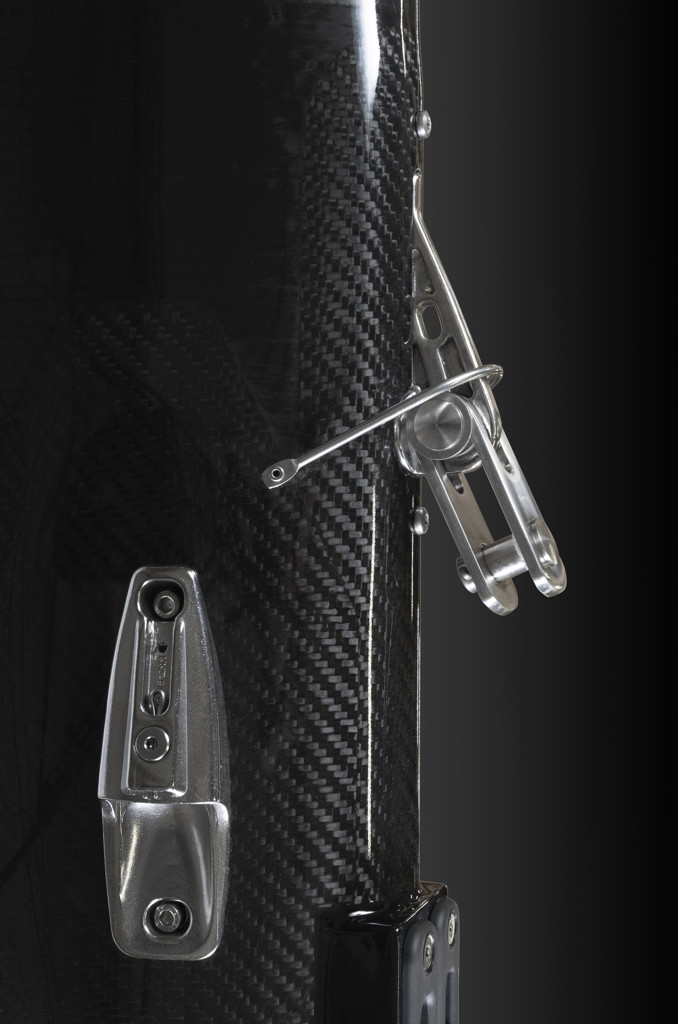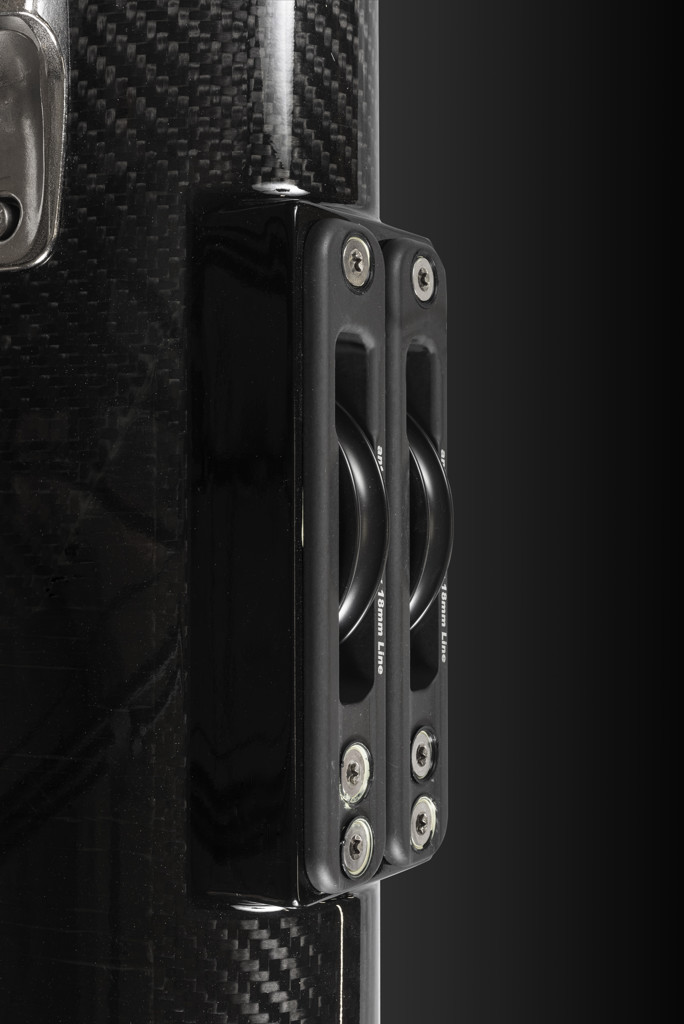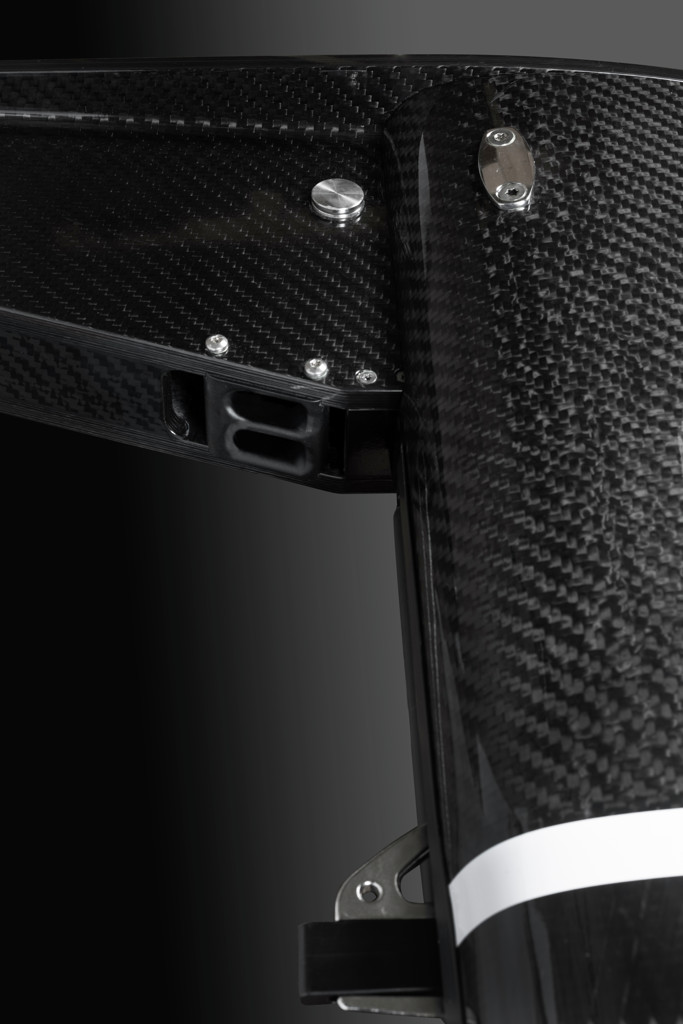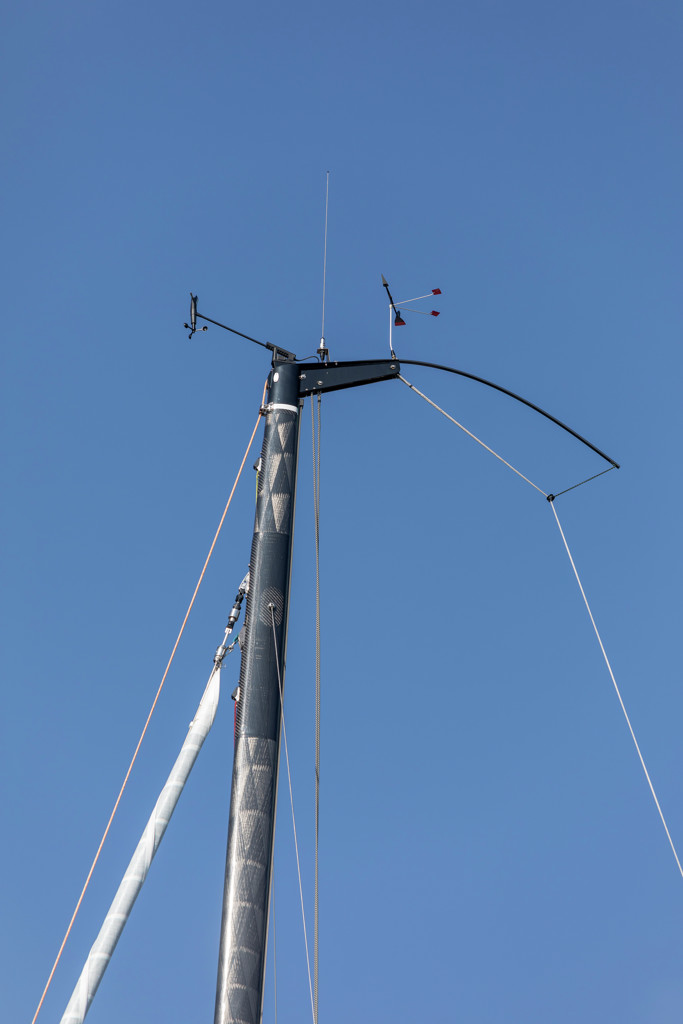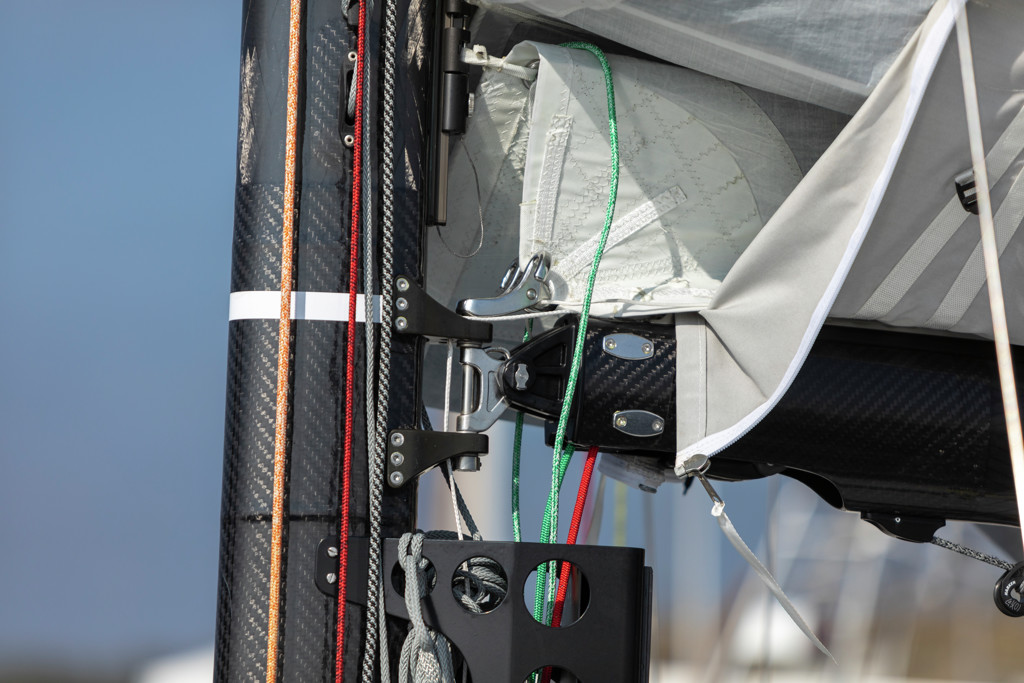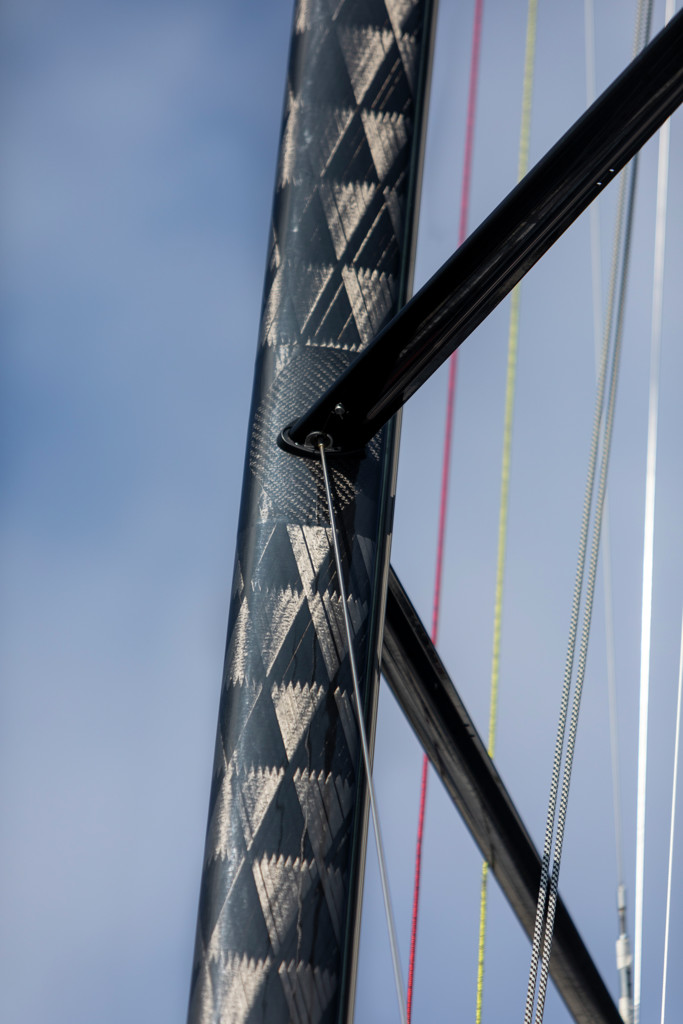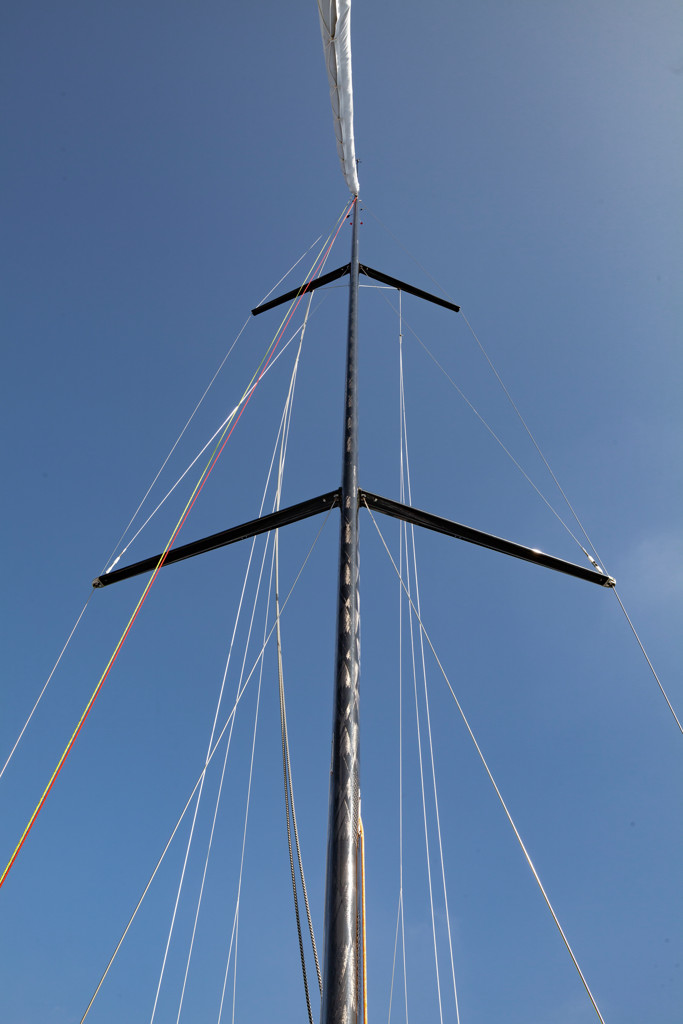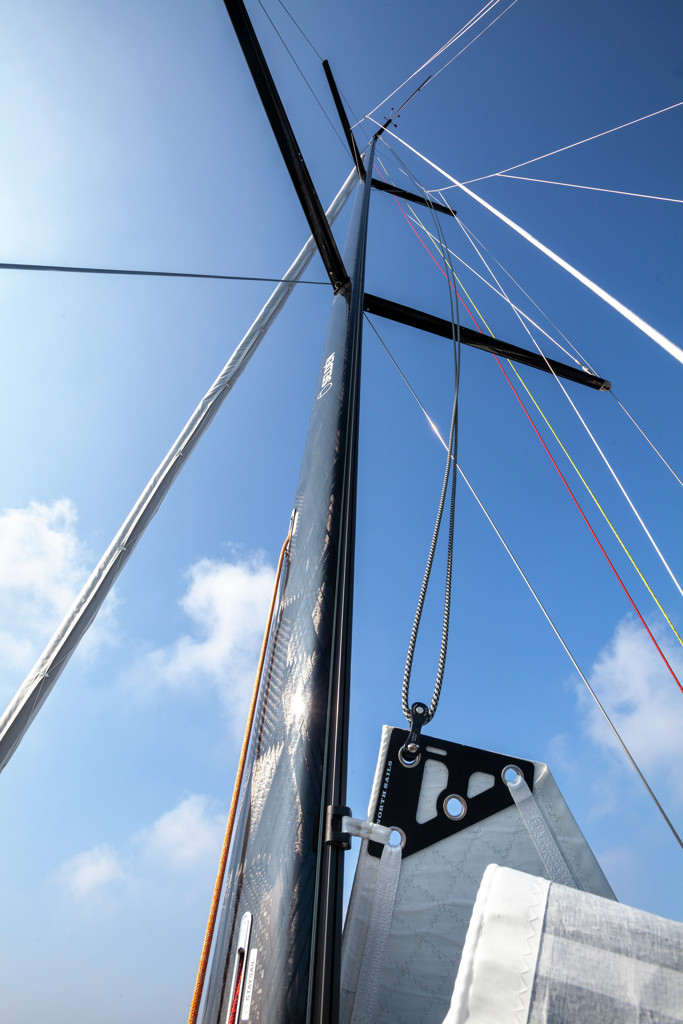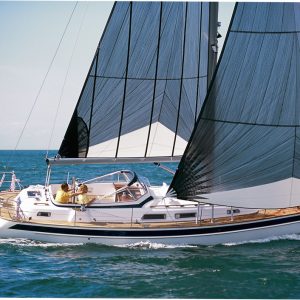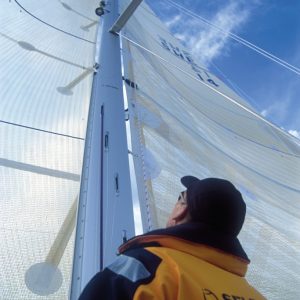Description
Seldén Carbon fibre masts
The perfect mix of Craftsmanship and modern production Technology
Carbon composite combines stiffness and strength with low weight. Seldén low-weight carbon spars have accentuated longitudinal stiffness. This means that forestay tension can be substantially increased. All experienced racing sailors know what this means in terms of increased upwind performance. The combination of greater stiffness and reduced weight will bring you beyond the speed limits.
MANDREL FILAMENT MOULDING
Our carbon spars are designed using the latest finite element analysis backed by many years of solid engineering experience.
Our unique production method gives a unique look. We call it Mandrel Filament Moulding (MFM). The process is fully automated and computer controlled for ultimate accuracy, repeatability, efficiency and that stunning ‘Viper’ pattern.
Seldén produce over 400 carbon masts per year as well as booms, poles and bow sprits for boats including high performance skiffs, racing keelboats, IRC race boats and some of the world’s most prestigious cruising yachts. With more sailors choosing Seldén carbon spars, the pattern is obvious.
Why go carbon?
All over the world Dinghy, Keelboat and Yacht sailors are enjoying the benefits of Seldén carbon spars for both racing and cruising.
- Carbon masts are lighter: less weight in the rig increases righting moment and reduces pitching for more performance and more comfortable sailing.
- Carbon masts are stiffer: improved control of mast bend improves sail shape and reduces forestay sag, more performance and higher pointing.
- Carbon booms are up to 40% lighter: less weight in the boat and on the mainsail leech increases performance. Lighter booms have less momentum making for easier and safer gybes.
The Seldén system
-
- Pre-preg construction: all tubes are made using 100% prepreg materials. No wet lay-up is used.
- Seamless tubes: using a male mandrel makes a single piece tube. The need for vertical joins and joints using screws and filler is eliminated.
- MFM: straight, thin filaments of carbon fibre are laid on a male mould.
- CNC: carbon is laid by a computer controlled head. Consistent, accurate, repeatable, no human error.
- Autoclave cured: superior consolidation and controlled curing.
- Choice of fibre modulus and finish quality.
- Composite boom brackets and removable carbon headboxes.
- Optimised fibre angle: fibre laid from 0 – 90°.
- FE Designed: Finite element software used for 3D modelling spar designs.





